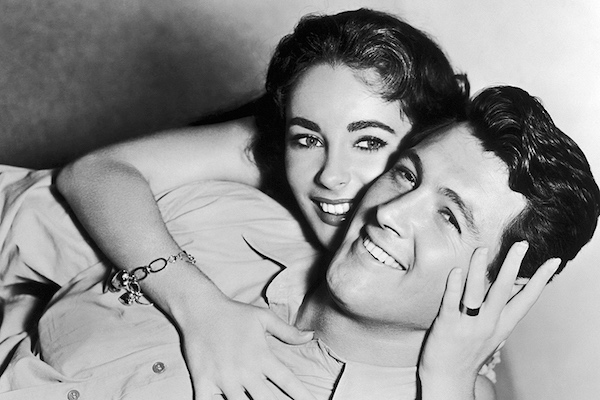 To many Americans, racism is not partisan, nor is it a special interest issue or ideology. At least since the signing of the 1964 Civil Rights Act, racism and its spawn have been anathema to American values. Until now. President Donald Trump’s xenophobic and racist tweets targeting four women of color duly elected to the U.S. Congress – and his backing by the Republican Party – has thrown a splitting axe into an already divided country. And with the 2020 elections already in full swing, the stark political weaponization of racism will only made America uglier.
To many Americans, racism is not partisan, nor is it a special interest issue or ideology. At least since the signing of the 1964 Civil Rights Act, racism and its spawn have been anathema to American values. Until now. President Donald Trump’s xenophobic and racist tweets targeting four women of color duly elected to the U.S. Congress – and his backing by the Republican Party – has thrown a splitting axe into an already divided country. And with the 2020 elections already in full swing, the stark political weaponization of racism will only made America uglier.
The LGBT community has seen this before—three decades ago when “good people” deliberately ignored the mysterious illness devouring the gay community. It wasn’t until July 25, 1985—three years after the Centers for Disease Control announced the burgeoning epidemic that would become known as HIV/AIDS—that America took notice after Rock Hudson’s French publicist confirmed that the one-time Hollywood “heartthrob” had AIDS.
“At first, when case numbers were small, America ignored AIDS. Next, it was pigeonholed as a ‘gay disease,’ important only to ‘those’ people. There was no sign of a compassionate response,” Dr. Michael Gottlieb wrote in a June 2011 essay for the blog LGBT POV. It was his article, written with out gay Dr. Joel Weisman, about a mysterious new disease in five gay men in the L.A. area that the CDC published on June 5, 1981. Rock Hudson was Gottlieb’s patient.
“Before Rock Hudson, the media did not consider AIDS to be a legitimate news story deserving coverage. The disclosure of his AIDS diagnosis changed all that,” Gottlieb wrote.
The pioneering HIV/AIDS doctor cited gay journalist Randy Shilts, who wrote in “And The Band Played On” that “Rock Hudson riveted America’s attention upon this deadly new threat for the first time, and his diagnosis became a demarcation that would separate the history of America before AIDS from the history that came after.”
While Hudson’s announcement yielded some compassion, it also made everyday people even more afraid of gays. They didn’t want to catch AIDS. There was no cure. Buff gay men would shrivel up, sprout purple spots of deadly KS, develop cancerous white thrush in the mouth, go blind or have HIV breach the blood-brain barrier, spew up or shit out whatever medication venom they couldn’t keep down and if they had any energy at all, would painfully shuffle around carting an IV pole in an act of defiance against the death taking their lives by inches and seconds.
Ironically, Hudson had been diagnosed with HIV on June 5, 1984, three weeks after attending a state dinner in his friend Ronald Reagan’s White House. Reagan called Hudson when the actor was in a Paris hospital desperately seeking a cure — but Reagan failed to even mention AIDS until many years later pressed by their mutual friend, Elizabeth Taylor.
AIDS Project Los Angeles, which started in a small room with a helpline phone at the LA Community Services Center, seized the moment and created a Hollywood benefit entitled “Commitment to Life.” Hudson sent a telegram to that September event, attended by numerous Hollywood stars. “I am not happy that I am sick. I am not happy that I have AIDS. But if that is helping others, I can at least know that my own misfortune has had some positive worth,” he wrote.
But it was actually another fundraiser organized by APLA (now APLA Health) that enabled people from all walks of life to show their support for people with AIDS. On July 28—three days after Hudson came out about his AIDS diagnosis—APLA held its first AIDS Walk Los Angeles..